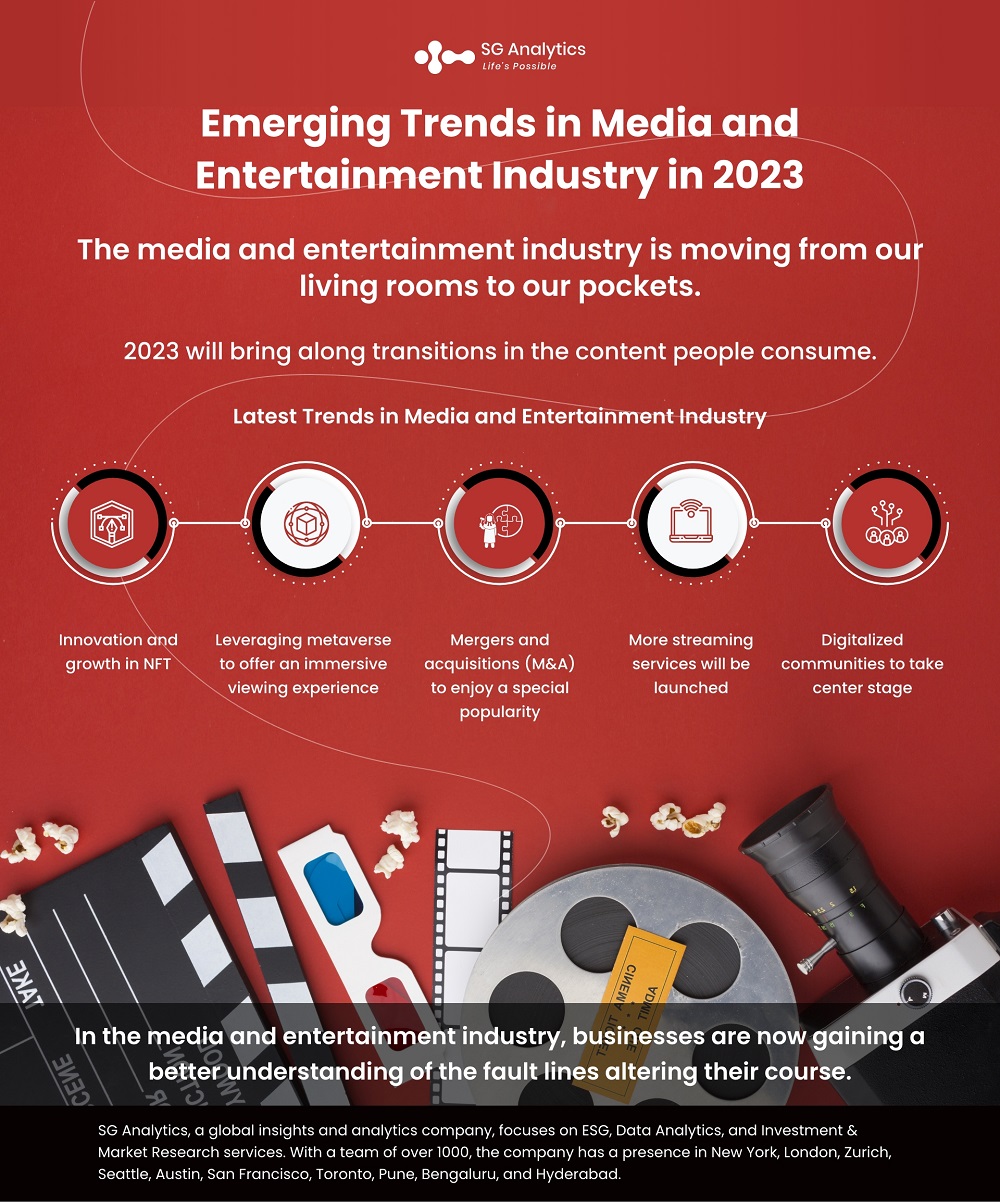Art Bounty
Discover the vibrant world of art and creativity.
Virtual Reality: The Next Blockbuster or Just a Fad?
Discover whether virtual reality is the next big hit or just a passing trend. Dive into the future of entertainment now!
The Evolution of Virtual Reality: From Fad to Future
The journey of Virtual Reality (VR) has been marked by significant milestones that reflect both technological advancements and shifts in consumer perception. Initially perceived as a novelty or fad in the early 90s, VR struggled to find its footing due to limitations in hardware and content. However, with the advent of more powerful computing capabilities and immersive technologies, VR has regained momentum. Companies like Oculus, HTC, and Sony have played pivotal roles in rekindling interest, introducing affordable headsets and a range of applications that go beyond gaming, including education, training, and therapy.
As VR continues to evolve, it is increasingly being adopted across various sectors, signaling a shift toward recognizing its potential beyond mere entertainment. The integration of augmented reality (AR) and mixed reality (MR) has further blurred the lines between the real and digital worlds, enhancing user engagement. In a world where remote interactions have become commonplace, VR offers unique solutions for collaboration and socialization. Looking ahead, the future of Virtual Reality appears bright, poised to become an essential tool in both professional and personal realms as technology continues to progress.

Is Virtual Reality the Next Big Thing in Entertainment?
In recent years, Virtual Reality (VR) has emerged as a groundbreaking technology, captivating the imagination of both developers and consumers alike. With the rise of affordable VR headsets and advanced gaming systems, the potential of this immersive medium is being fully realized. Unlike traditional forms of entertainment, VR offers a unique experience where users can not only watch but also participate and interact with their surroundings. This level of immersion can significantly enhance the storytelling ability of video games, films, and even live events, leading many industry experts to suggest that VR could be the next big thing in entertainment.
The gaming industry is currently at the forefront of this revolution, with major titles like Half-Life: Alyx and Beat Saber showcasing just how engaging VR can be. However, the potential extends far beyond gaming. We are beginning to see VR technology applied in areas such as virtual concerts, social experiences, and even educational settings. According to some analysts, as technology continues to advance and becomes more accessible, Virtual Reality is poised to redefine the boundaries of entertainment, creating unparalleled experiences that will change how we consume media forever.
Exploring the Impact of Virtual Reality on the Film Industry
Virtual Reality (VR) technology is revolutionizing the film industry, pushing the boundaries of storytelling and audience engagement. With its immersive capabilities, VR allows filmmakers to create experiences where viewers are not just passive spectators but active participants in the narrative. This shift is evident in various genres, from horror to adventure, where the audience can explore the film's environment and interact with characters, making the experience more personal and memorable. As filmmakers experiment with this medium, they discover new ways to captivate audiences, drawing them deeper into the film's world.
Moreover, the rise of VR has prompted filmmakers to rethink traditional production techniques. Incorporating 360-degree video and spatial audio, creators are now tasked with developing content that is both visually stunning and narratively compelling. This evolution not only enhances the viewer's experience but also influences the business model of filmmaking. As the demand for virtual reality experiences grows, studios are beginning to invest in VR projects, paving the way for a new era of cinema that blurs the lines between reality and fiction.